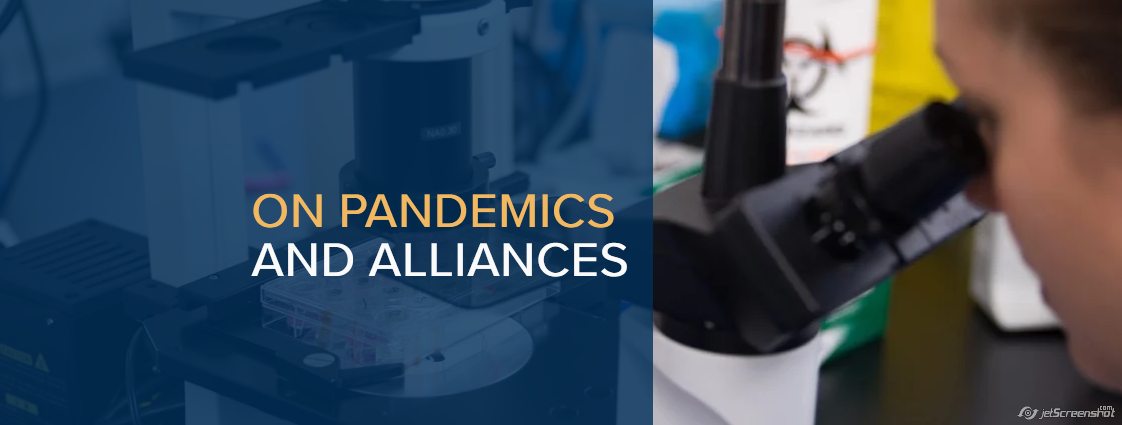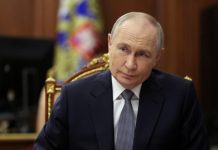By Edward Lucas, for CEPA
Truth and cooperation on one side; lies and selfishness on the other. Which side will beat the coronavirus? Put that way, it is easy to place your bets. Pathogens do not listen to propaganda. They have no conception of national borders. The only way to beat them is with science and through social organization. That means officials telling the truth to the public, thus encouraging responsible behavior by individuals and communication between institutions.
In the short term, the bad guys have an advantage. Scare stories about Covid-19 can proliferate on social media, just as other forms of disinformation and misinformation do. Cynical public figures can use the epidemic to score political points, blaming predecessors or demonizing outsiders. Conspiracy theories will flourish. So may some careers.
But not in the long term. You can collect online likes and shares. You may be able to stoke a panic or a mob in the offline world. But none of this constitutes the testing, quarantine, and treatment that actually deals with the outbreak. Nor does it help counter the financial consequences of the epidemic, for individuals (from lost work and higher costs) and for the wider economy (lost output and supply disruptions). Unlike the social media world of bluster and insinuation, these problems are real. They need real solutions.
Amid the suffering and disruption of the epidemic, it is therefore possible to see some benefits. Collective defense against disease will be vindicated. So too will collective defense against other threats. If there is safety in numbers in dealing with a pandemic, then there is also safety in numbers when dealing with Vladimir Putin’s Russia. Solidarity in the face of a threat, sharing information and burdens, helps beat it.
Another important point is that institutions matter. Public health is a public good. You have to spend some public money on it. The same applies to defense and security. The social cohesion that makes countries such as Finland resilient to hybrid threats from hostile states also helps them defeat mutant viruses from the other side of the world. Taiwan’s response to the outbreak is exemplary. The deceit, vindictiveness, paranoia and arbitrary exercise of power in the other Chinese republic, the Communist one on the mainland, is not. That is a useful lesson. An outbreak of disease is a test of our civilization.
Still, the coming months will be tough for Atlanticists. Budgets will be stretched as economies shrink. Arguing for higher defense spending will be particularly difficult when every penny and cent is needed to keep public services going and cushion the impact of the epidemic. Military exercises will be particularly vulnerable: why send thousands of people to faraway destinations to spread infection? The public and decision-makers will want to focus on immediate threats to health, not long-term threats to security.
The best response to this is to remind everyone of the benefits of collective defense. We can use the language and concepts of national security in public health. In dealing with this and future outbreaks we need clear chains of command, contingency plans, special forces, logisticians, and frontline troops. We need international cooperation, spanning anachronistic divides between EU and non-EU, NATO and non-NATO. Think of the coronavirus as a real-life stress test of our societies, economies, and systems of government. The countries that have already shown resilience to Russian hybrid threats—such as Ukraine and the Baltic states—will, I suspect, deal with the outbreak best.
One thing is certain: slogans such as “America First” and “Strategic Autonomy” will look irrelevant, bordering on fatuous. Our enemies, whether microscopic or macroscopic, respond to deeds, not words.
By Edward Lucas, for CEPA
Europe’s Edge is an online journal covering crucial topics in the transatlantic policy debate. All opinions are those of the author and do not necessarily represent the position or views of the institutions they represent or the Center for European Policy Analysis.





